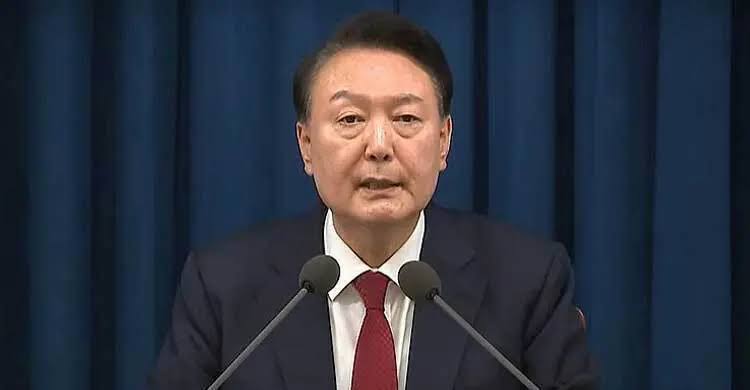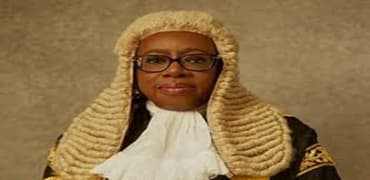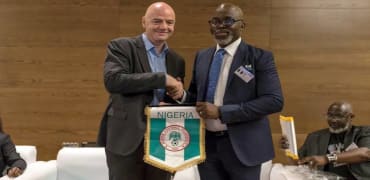Dramatic Standoff Halts Attempt to Arrest South Korean President Yoon Suk Yeol
Dramatic Standoff Halts Attempt to Arrest South Korean President Yoon Suk Yeol
By Achimi Muktar
South Korea witnessed a tense six-hour standoff on Friday as an attempt to arrest suspended President Yoon Suk Yeol ended in dramatic failure. Investigators from the Corruption Investigation Office (CIO) were forced to abandon their mission after clashing with Yoon’s loyal security forces and a military unit guarding his residence.
The high-stakes confrontation unfolded early Friday morning when dozens of police vans and a 150-member arrest team surrounded Yoon’s compound, armed with a court-issued warrant. But as investigators gained partial access to the residence, they were met with fierce resistance.
Yoon’s security detail, bolstered by a military unit tasked with protecting Seoul, blocked the investigators’ progress, creating a human and vehicular barricade. Tensions peaked as physical altercations reportedly broke out between the two groups, prompting the CIO to halt their efforts.
“Practically Impossible” Arrest
“We’ve determined that the arrest is practically impossible,” a CIO spokesperson announced after the standoff, lamenting Yoon’s refusal to cooperate with the legal process as “deeply regrettable.”
The failed arrest triggered celebrations among pro-Yoon demonstrators, who have been camped outside his residence for days. Chanting “We won!” the crowd erupted in joy as the arrest team retreated.
Meanwhile, opposition leaders expressed outrage. Park Chan-dae, floor leader of the Democratic Party, accused Yoon of evading justice. “He has failed to uphold his promise to take responsibility,” Park said, urging the CIO to make another attempt.
Political Turmoil and Legal Battles
Yoon faces allegations of abuse of power and inciting insurrection following his controversial declaration of martial law in early December. Though the move was swiftly overturned, it led to his impeachment by parliament on December 14, plunging the nation into political chaos.
The drama deepened when acting President Han Duck-soo was also impeached in late December for allegedly obstructing Yoon’s impeachment process, leaving South Korea without stable leadership.
The current arrest warrant for Yoon expires on January 6, giving investigators a limited window for another attempt. Alternatively, they may seek a new warrant or explore other legal avenues.
Prosecutors are also pursuing charges against military officials, including Army Chief Park An-su and Special Forces Commander Kwak Jong-geun, for their roles in supporting Yoon’s martial law declaration. Both await trial while in custody.
A Nation Divided
The failed arrest has further underscored the political and social divisions gripping South Korea. Supporters of Yoon view the investigation as a politically motivated attack, while critics accuse him of undermining democracy and evading accountability.
Protests and counter-protests have erupted across the nation, reflecting the deepening instability. For now, the CIO’s inability to enforce the warrant has raised questions about the agency’s capacity to hold high-ranking officials accountable and highlighted the mounting challenges facing South Korea’s fragile political landscape.
With time running out, all eyes remain on the CIO and the South Korean judiciary to determine the next chapter in this unfolding political saga.


















